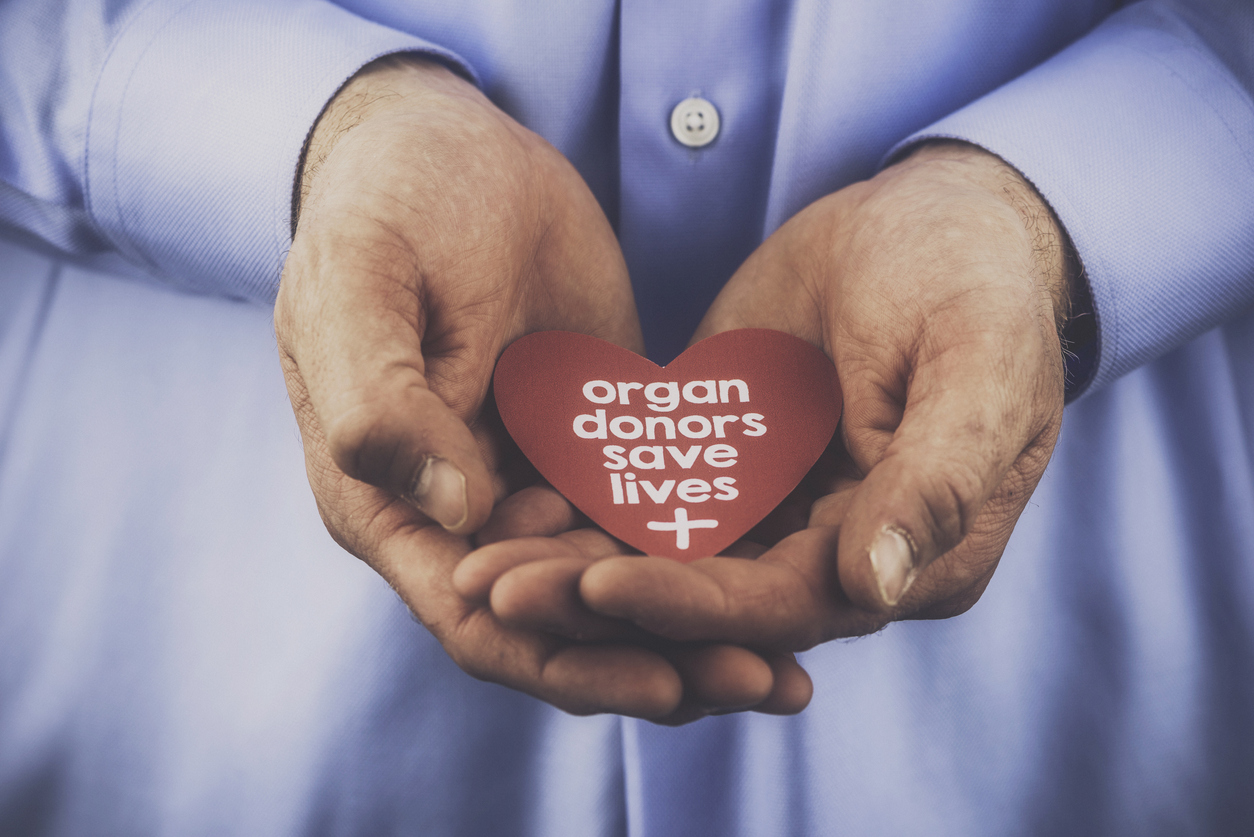
Supporting Transplant Patients: SBC & Donor Network West
Currently, more than 100,000 people are waiting for an organ transplant and, every 10 minutes, another person is added to the transplant waitlist.[1] On a daily basis, SBC supports organ donation through our HLA lab, which performs tests to detect things like donor-recipient compatibility and early transplant success/failure; and, with the help of our donors, through providing blood products necessary for performing transplant surgeries. However, these lifesaving procedures would, of course, not be possible without organ donors and all the organizations that make organ matching possible.
That’s why Stanford Blood Center is proud to work with Donor Network West (DNW) to further our joint mission of supporting local patients. DNW, part of the Donate Life network, is a nonprofit devoted to saving and healing lives through organ and tissue donation for transplantation and research. Specifically, the DNW team promotes organ, eye and tissue donation to the public; matches organs from deceased donors with patients on the transplant registry for Northern California and Northern Nevada; and conducts research to improve the outcomes of transplant surgeries. Most recently, they’ve started hosting blood drives with SBC as well!
Working with DNW, we have compiled a list of concrete ways that you can help transplant patients in your community and beyond. We’ve also worked with transplant recipients to tell their stories so that you can hear the real impact of your efforts and donations — take a look below for some extra inspiration!
How to Help
- Donate blood. Did you know that, for just liver transplants alone, the average surgery requires about 10-12 units (pints) of blood, according to DNW? SBC supports a number of local hospitals that perform transplant procedures regularly, including Stanford Hospital and Lucile Packard Children’s Hospital Stanford, which are nationally recognized for the care they offer. By donating blood regularly, you help ensure patients can get their critical transplants as soon as a matched organ becomes available.
- Register as a deceased organ donor. By registering as a deceased organ donor, you allow care teams to use your organs to support individuals whose lives depends on a transplant. As Donate Life states beautifully on their website, “At the end of your life, you can give life to others.” If you are not already registered, we encourage you spend a few minutes signing up here. Learn more about deceased organ donation on the Donor Network West website.
- Join the bone marrow registry. Thousands of patients in the U.S. with blood cancers like leukemia and lymphoma, sickle cell anemia or other life-threatening diseases depend on bone marrow transplants.[2] Like with organ transplants, bone marrow transplants need to be genetically matched to be successful, which can be very difficult to do. However, patients’ chances of finding a match are much higher the more individuals who sign up for the Be the Match registry! Learn more.
- Register as a living organ donor. Through living organ donation (usually kidney or liver), patients in need are often able to get the life-saving organs they require much faster and at a better quality than if the organ were from a deceased donor — of which there are unfortunately not enough. Since living organ donation is a serious procedure, anyone interested in becoming a donor is encouraged to do additional research and reach out to a local transplant center for more information.
Patient Stories
While donation of any kind, but particularly organ donation, can seem very foreign and at times impersonal, it’s essential to remember that there are real people behind the need, and real lives at stake without such generous donors. To help put a human face to organ transplantation, we’ve worked with our colleagues at Donor Network West to share the stories of a few of those patients whose lives have been saved by donation and who are using their second chance at life to do some pretty amazing things. Check out these stories below!
